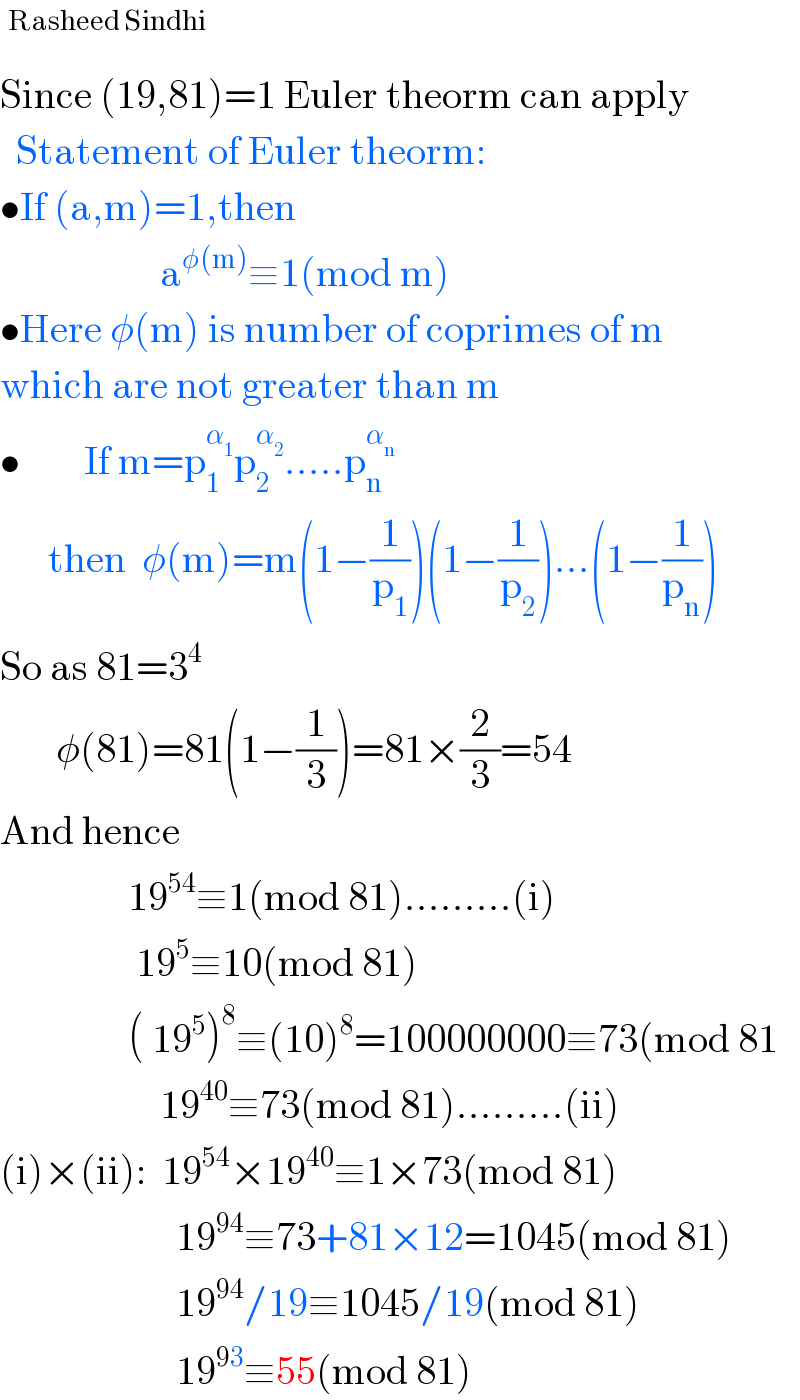Question Number 13584 by Tinkutara last updated on 21/May/17
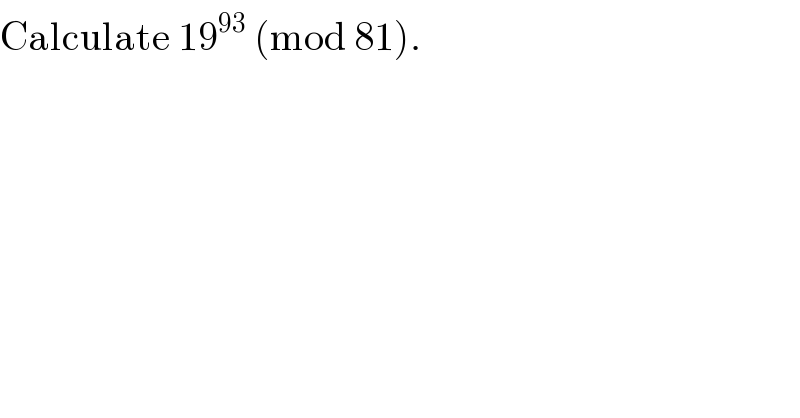
Commented by RasheedSindhi last updated on 22/May/17
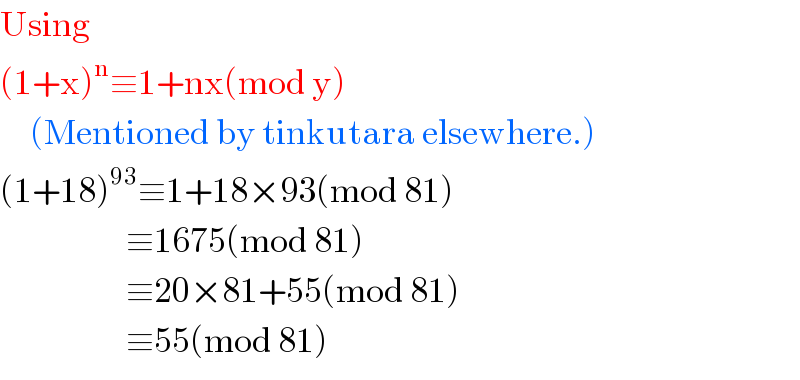
Commented by Tinkutara last updated on 22/May/17

Commented by RasheedSindhi last updated on 22/May/17
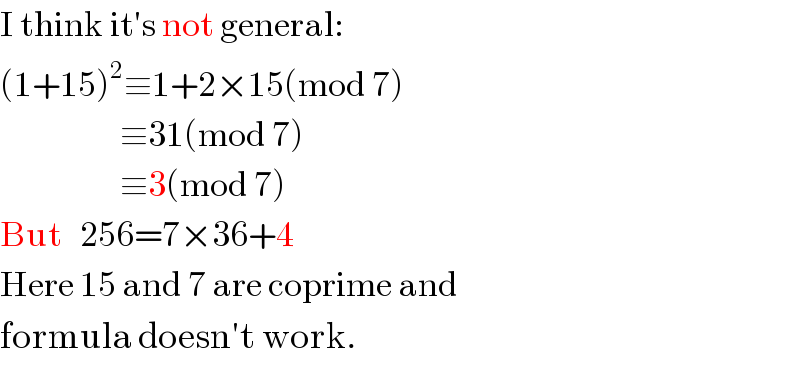
Commented by Tinkutara last updated on 22/May/17

Commented by mrW1 last updated on 22/May/17

Commented by Tinkutara last updated on 22/May/17
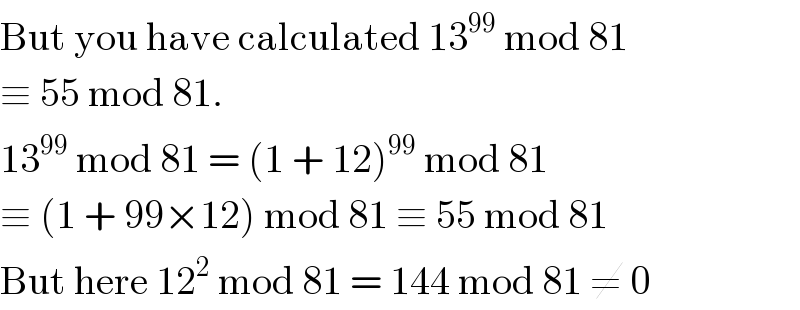
Commented by mrW1 last updated on 22/May/17
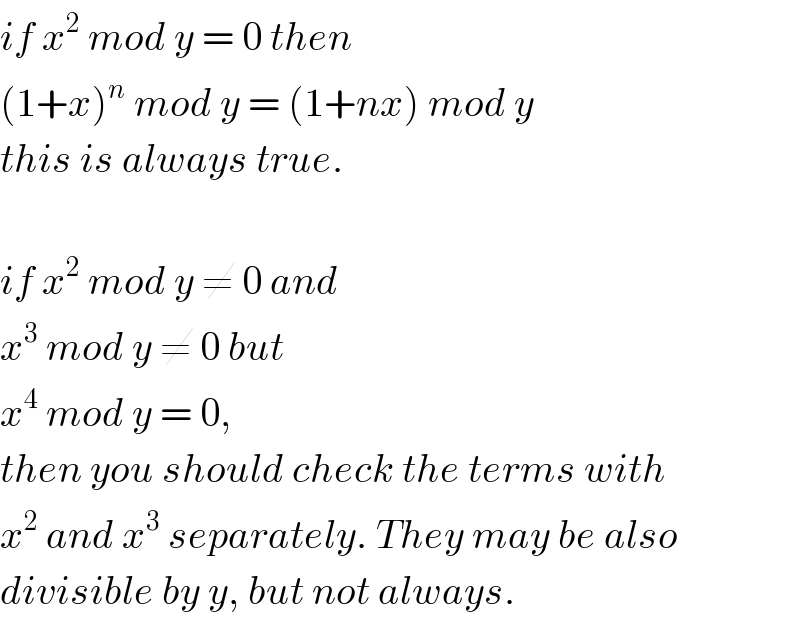
Commented by mrW1 last updated on 22/May/17
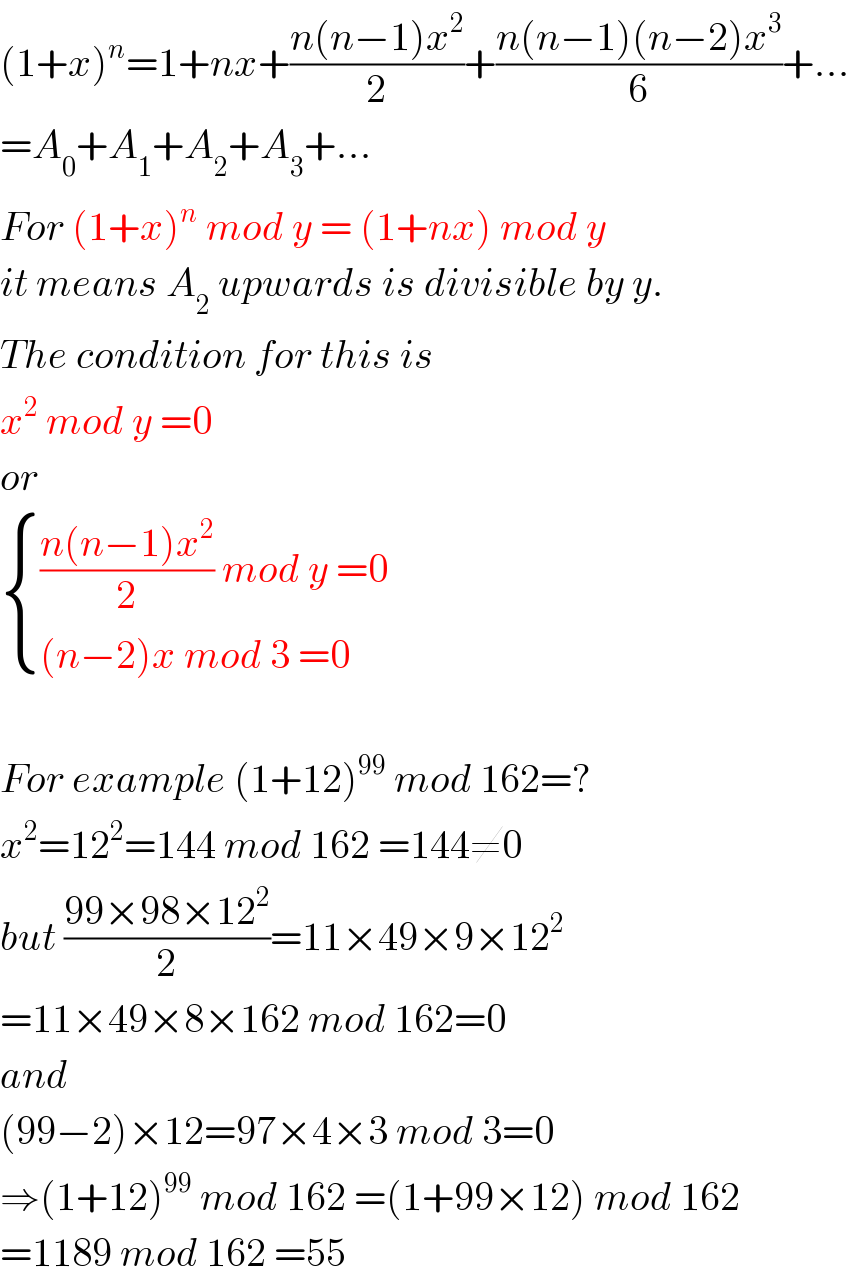
Commented by Tinkutara last updated on 22/May/17

Commented by mrW1 last updated on 22/May/17

Answered by ajfour last updated on 21/May/17
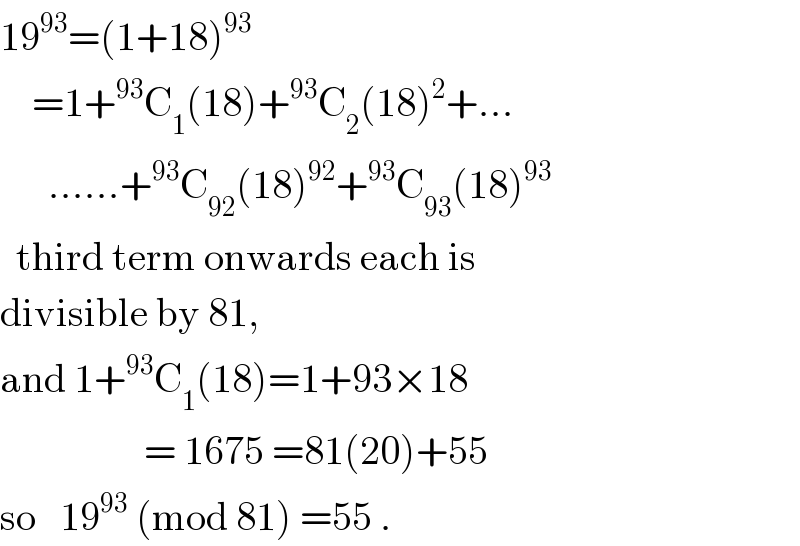
Commented by Tinkutara last updated on 21/May/17

Answered by RasheedSoomro last updated on 05/Jun/17
